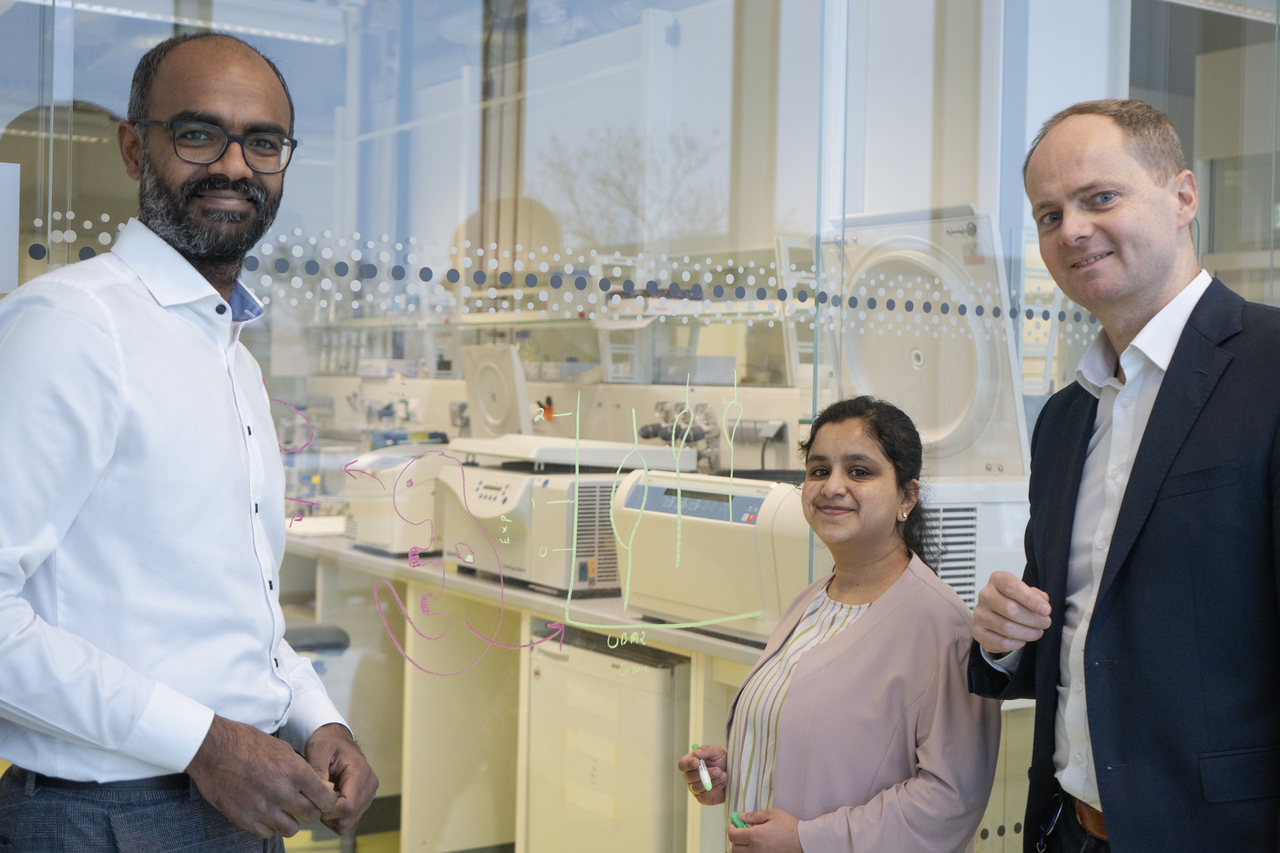The function of only around a third of the more than 21,000 human genes is known. In addition, every person carries variants in their genome, most of which are part of normal personal variability, but can also cause diseases. If a rare congenital disease is suspected, genetic analyses often reveal variants that cannot be classified. In order to find out whether they play a role in the specific case, complex experimental investigations are usually necessary.
The STIGMA algorithm compares known disease genes in embryonic development with potential new disease genes. The data on the known genes comes from (single-cell sequencing), for example, such as the Human Cell Atlas. " The algorithm can use disease genes to identify in which tissues, for example in the heart, similar genes are particularly frequently expressed, which then lead to a disease. It can predict whether a gene in which we have found a variant is responsible for a disease or is rather a normal variant that has nothing to do with it. This gives each gene a disease score, which we call the STIGMA score," explains Saranya Balachandran, first author and research associate at the Institute of Human Genetics. She developed the algorithm together with Dr. Varun Sreenivasan, last author and research associate at the Institute of Human Genetics.
The new algorithm has already identified several new disease genes that lead to congenital heart defects, as well as another gene that causes malformations of the hands. "Until now, genetic analyses have only led to a diagnosis in around 30 percent of patients. STIGMA can significantly improve this result. At the same time, we are expanding our knowledge of the function of individual genes - without further complex experiments, simply by using machine learning," says Prof. Dr. Malte Spielmann, Director of the Institute of Human Genetics and also last author of the publication.
Experts from the Clinic for Congenital Heart Defects and Pediatric Cardiology at the UKSH, Kiel Campus, the Max Planck Institute for Molecular Genetics in Berlin, the Institute for Medical Genetics and Human Genetics at Charité University Medicine Berlin, the Institute for Medical Genetics at the University of Oldenburg, the German Center for Cardiovascular Research (DZHK) and a research institution in Pakistan were involved in the work.
Original publication: STIGMA: Single-cell tissue-specific gene prioritization using machine learning (Balachandran et al., 2024)
Scientific contact: Prof. Dr. Malte Spielmann (malte.spielmann(at)uksh.de), Institute of Human Genetics, University Hospital Schleswig-Holstein
Source: press release UKSH


